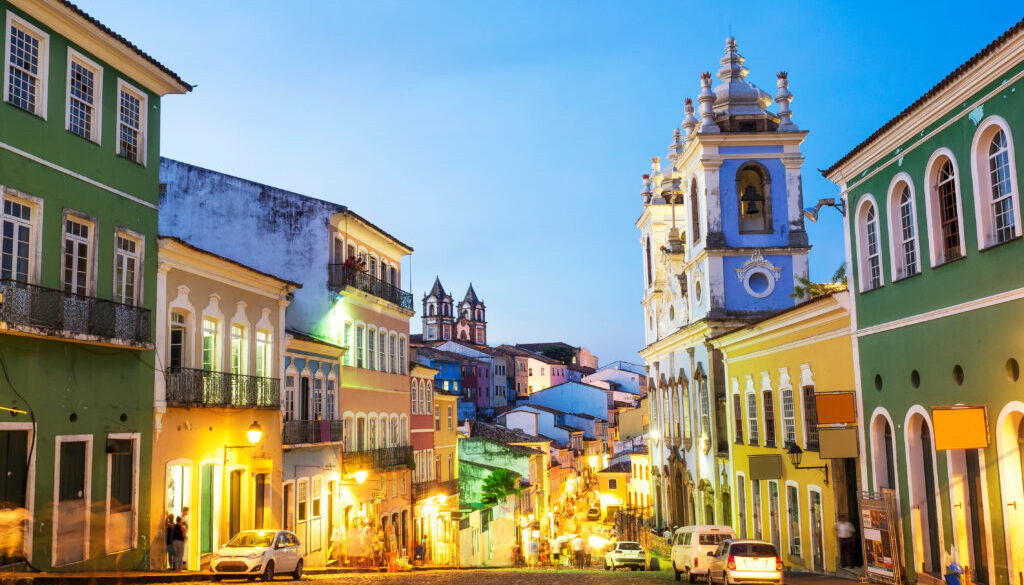El Salvador Free Trade Agreements: Unlocking Opportunities
Table of Contents
Contact the Central American Group to begin starting up a manufacturing facility in the San Marcos or the International Free Zone in El Salvador.
El Salvador is a small but dynamic Central American nation that has been actively engaged in fostering economic growth through strategic international partnerships. One key avenue through which the country has pursued economic development is by entering into various free trade agreements (FTAs) with nations across the globe. El Salvador free trade agreements have not only opened new markets for Salvadoran goods and services but have also attracted foreign investment, driving innovation and economic prosperity. In this blog post, we will explore the free trade agreements that the government of El Salvador has entered into and the impact they have had on the nation’s economy.
CAFTA-DR: A Landmark Agreement
One of the most significant El Salvador free trade agreements is the Central America-Dominican Republic-United States Free Trade Agreement (CAFTA-DR). Signed in 2004, this landmark agreement includes El Salvador, Costa Rica, Honduras, Guatemala, Nicaragua, the Dominican Republic, and the United States. CAFTA-DR eliminated barriers to trade in goods and services, facilitating the seamless flow of commerce between the member countries.
For El Salvador, CAFTA-DR has been a game-changer. The agreement has not only increased market access for Salvadoran exports but has also attracted foreign direct investment (FDI). The textile and apparel industry, a major player in El Salvador’s economy, has particularly benefited from CAFTA-DR, with increased investment and exports to the United States.
The agreement also promotes a more transparent and predictable business environment, encouraging both domestic and foreign investors to engage in economic activities. As a result of this El Salvador free trade agreement, the country has seen an increase in foreign investment, leading to the development of new industries and the creation of job opportunities.
Pacific Alliance: Expanding Horizons
In addition to CAFTA-DR, El Salvador has been actively involved in the Pacific Alliance. This trade group represents a regional integration initiative comprising Mexico, Colombia, Peru, and Chile. Although El Salvador is not a full member, it has been participating as an observer with the goal of exploring potential opportunities for collaboration.
The Pacific Alliance aims to foster economic development and competitiveness among member nations by reducing barriers to trade and promoting investment. For El Salvador, this engagement opens doors to diversify its export markets and strengthen economic ties with countries on the Pacific Rim.
Association Agreement with the European Union
El Salvador, along with other Central American countries, signed an Association Agreement with the European Union (EU) in 2012. This comprehensive agreement covers various aspects, including trade, political dialogue, and cooperation. The trade component of the agreement focuses on eliminating tariffs and facilitating market access for goods and services.
The Association Agreement has proven instrumental in expanding El Salvador’s trade relations beyond the Americas. It provides Salvadoran businesses with preferential access to the European market, enhancing the competitiveness of their products. This agreement also encourages the adoption of international standards and practices, contributing to the overall improvement of the business environment in El Salvador.
El Salvador Free Trade Agreements Impact on Economic Growth and Development
The cumulative impact of these free trade agreements on El Salvador’s economic growth and development cannot be overstated. The country has experienced increased export volumes, leading to a more diversified and resilient economy. The creation of new jobs and the infusion of foreign capital have spurred innovation and technological advancements in various sectors.
Moreover, the enhanced market access provided by these El Salvador free trade agreements has enabled small and medium-sized enterprises (SMEs) in El Salvador to participate in international trade. This inclusivity is crucial for spreading the benefits of economic growth across different segments of the population.
Challenges and Considerations
While the benefits of El Salvador free trade agreements are evident, it is essential to acknowledge the challenges that may arise. Critics argue that such agreements can lead to increased competition, potentially impacting certain industries. Additionally, ensuring that the benefits of international trade are distributed equitably within society is an ongoing challenge that requires careful policy considerations by the Salvadoran government.
Final Considerations
El Salvador’s proactive approach to international trade through free trade agreements has positioned the country as an active player in the global economy. From the transformative CAFTA-DR to the strategic engagement with the Pacific Alliance and the Association Agreement with the European Union, El Salvador has strategically diversified its economic partnerships. As the nation continues to navigate the complexities of the global economy, these agreements will play a pivotal role in shaping its future, fostering economic growth, and improving the quality of life of its citizens.
Contact Us
Please use this form to contact us and we will respond as soon as possible:





